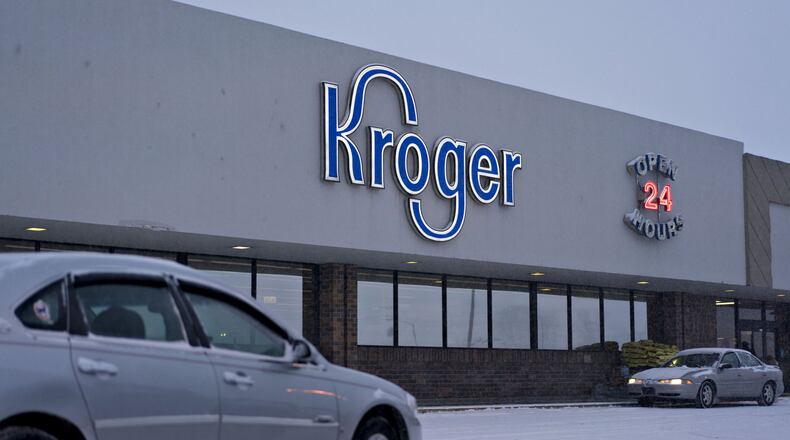The Georgia Supreme Court ruled in favor of the Development Authority of Cobb County this week, paving the way for it to issue $35 million in bonds for a mixed-use development in East Cobb.
The $120 million development, Marketplace Terrell Mill, will be located at the intersection of Powers Ferry and Terrell Mill and include luxury apartments, restaurants and retail, including a 95,000 square-foot Kroger grocery store, according to a promotional website for the project.
The Supreme Court was unanimous in its decision to reverse a lower court’s refusal to validate the bonds after Cobb resident and activist Larry Savage filed a legal challenge.
Savage objected to the use of bonds to grant tax breaks for a new Kroger. He argued that relocating the grocery store was not an essential project deserving of incentives, and that the applicable law violates the state constitution because by not establishing uniform rules for eligible projects.
In its opinion, the Supreme Court said nothing in the law requires that an eligible project be essential.
“To say that the development of trade, commerce, industry, and employment opportunities is an essential purpose of development authorities is not to say that anything financed by a development authority must be essential to such development,” the opinion said.
It went on to say that the lower court misunderstood the uniformity requirements, which apply to the creation of development authorities, not the projects they finance.
“That provision simply says nothing at all about the uniformity of bonds issued by development authorities,” it concluded.
Savage expressed displeasure at the outcome of the case in an email.
“The Development Authority of Cobb County, and all development authorities in the state, are now free to use their unrestricted discretion in awarding tax abatement deals to any and all projects that suit their pleasure,” Savage wrote.
About the Author
The Latest
Featured



